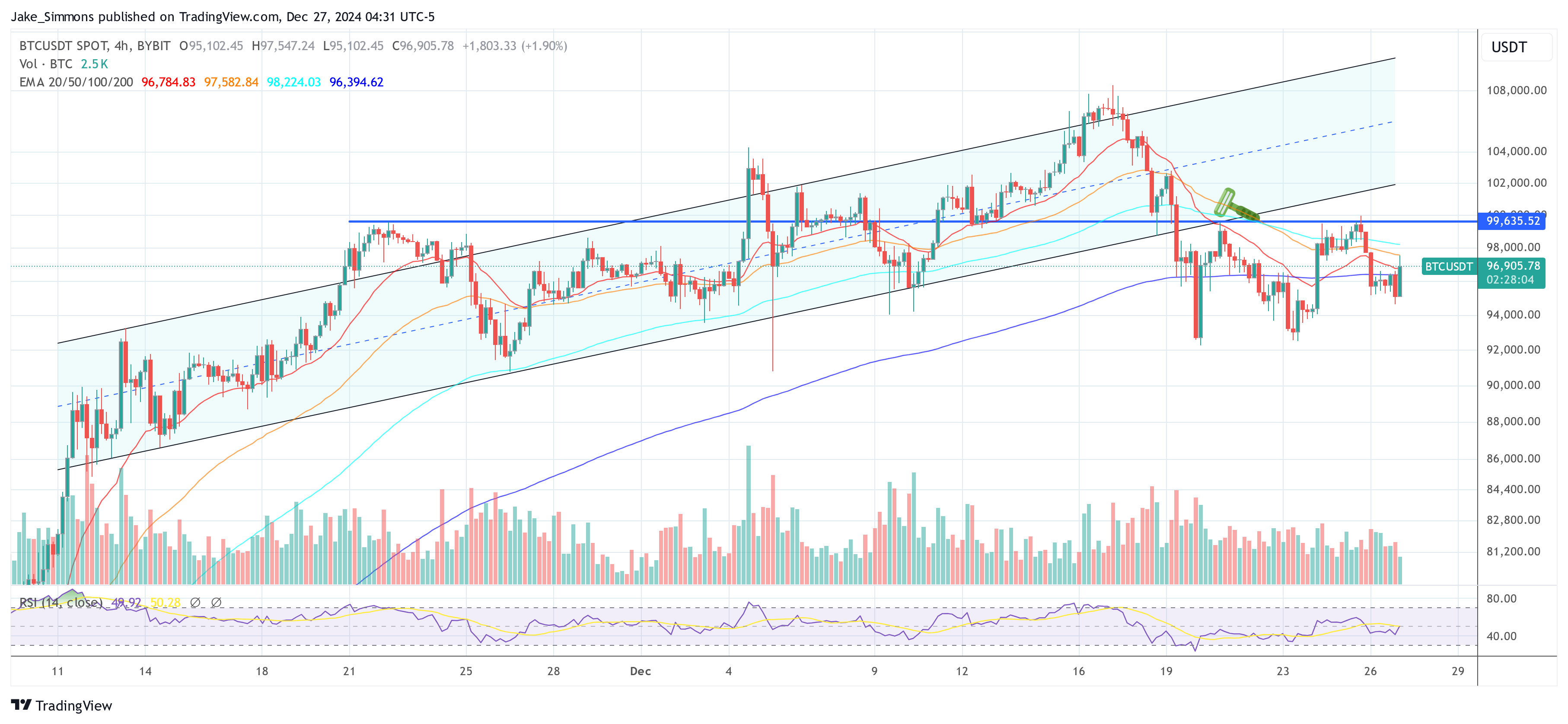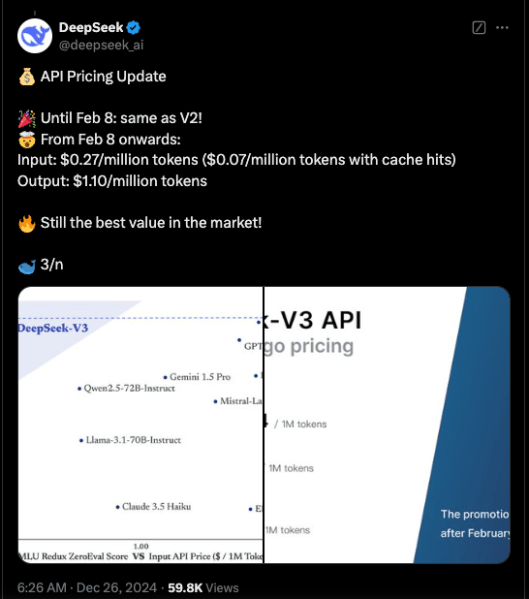Refilled wants to save 100 million plastic bottles from the landfill
The Australian government recently set new packaging regulations after an official review found just 18% of plastic packaging is recycled, falling far short of a 70% target by 2025. Refilled, a Sydney-based startup, wants to help with its smart drink dispensers, which are meant to be used with reusable bottles. Its mission is to save one million plastic bottles from the landfill, and early customers include Google.
Refilled announced today that it has raised a $1.3 million AUD (about $845,000 USD) seed round led by impact investor Melt Ventures, along with participation from Envato co-founders Cyan Ta’eed and Collis Ta’eed. It will use part of the funding to manufacture 100 of its drink stations, called Refiller, at its factory in Penrith NSW.
Used by organizations like Google’s Sydney office, University of Technology Sydney, University of Sydney, Aeona co-working space and The Sydney Green House Tech Hub, Refillers are installed in shared spaces like gyms, universities and offices as an alternative to bottled and canned drink machines. They serve still and sparkling drinks in hundreds of flavors, with the option to add caffeine, vitamins and nootropics. Refilled says that across all sites where its dispensers are installed, it has managed to save 25,000 bottles since launching in August.
Before starting Refilled, founder Ryan Nelson was one of the co-founders of Foodbomb, an Australian startup that aggregates wholesale food supplies for restaurants. This gave him insight into different challenges in the food industry. The idea for Refilled came when he was at a gym and couldn’t find a way to refill his water bottle.
“Instead, I was presented with rows and rows of drinks packaged in single-use plastic,” he tells TechCrunch. “I bought one, drank it straight away, and there was no recycling bin either. That’s when it dawned on me, this plastic bottle was only used for two minutes and might stay on the planet for 1,000 years. I started working on the Refiller that afternoon.”
Refillers are different from the standard beverage dispensers you can find in restaurants because they are designed to be used in shared spaces, not just hospitality venues, says Nelson. It can take credit card payments, and track sales and CO2 levels in real time, so Refilled knows when a machine needs to be restocked. Each machine can store 100 times more beverages than a traditional vending machine, and a complete restock fits in a shoebox, making delivery faster and cheaper.

Refilled CTO Stefan Kent (left) and CEO Ryan Nelson (right) standing with one of the startup’s smart drink dispensers
Five more Refillers are being installed this year, in addition to the 100 that will be manufactured. Refilled charges customers a small installation fee and then a monthly subscription cost of a few hundred dollars for each machine. The monthly fee covers restocking and maintenance. Still water is dispensed for free, while flavored, caffeinated and sparkling water cost about a dollar each. Customers can also chose to let people use the machine for free, for example as an office perk. Users can scan a QR code to track their environmental impact and see how many plastic bottles they have saved by using Refiller, and they can buy a Refilled+ subscription that lets them get each drink for less.
Refilled has two kinds of competitors. The first category are big beverage companies like Coca Cola, PepsiCo and Nestle. “We want to take market share away from any drink served in plastic bottle or metal can, by being a greener alternative,” says Nelson.
The second category is closer to Refilled and includes Bevi, Zip and Billi Taps, which all make different types of beverage or water dispensers.
Nelson says flavors and user experiences are very different across these brands, and Refilled differentiates by providing all-natural, Australian-made flavors. It’s also designed for use in many different kinds of shared spaces, not just offices.
In a statement about the investment, Collis Ta’eed said, “Sustainability alone isn’t enough to get consumers to change their behavior. Refilled’s brilliance is that it’s using a less wasteful model to give consumers a better, more affordable beverage experience. It’s a win-win.”



